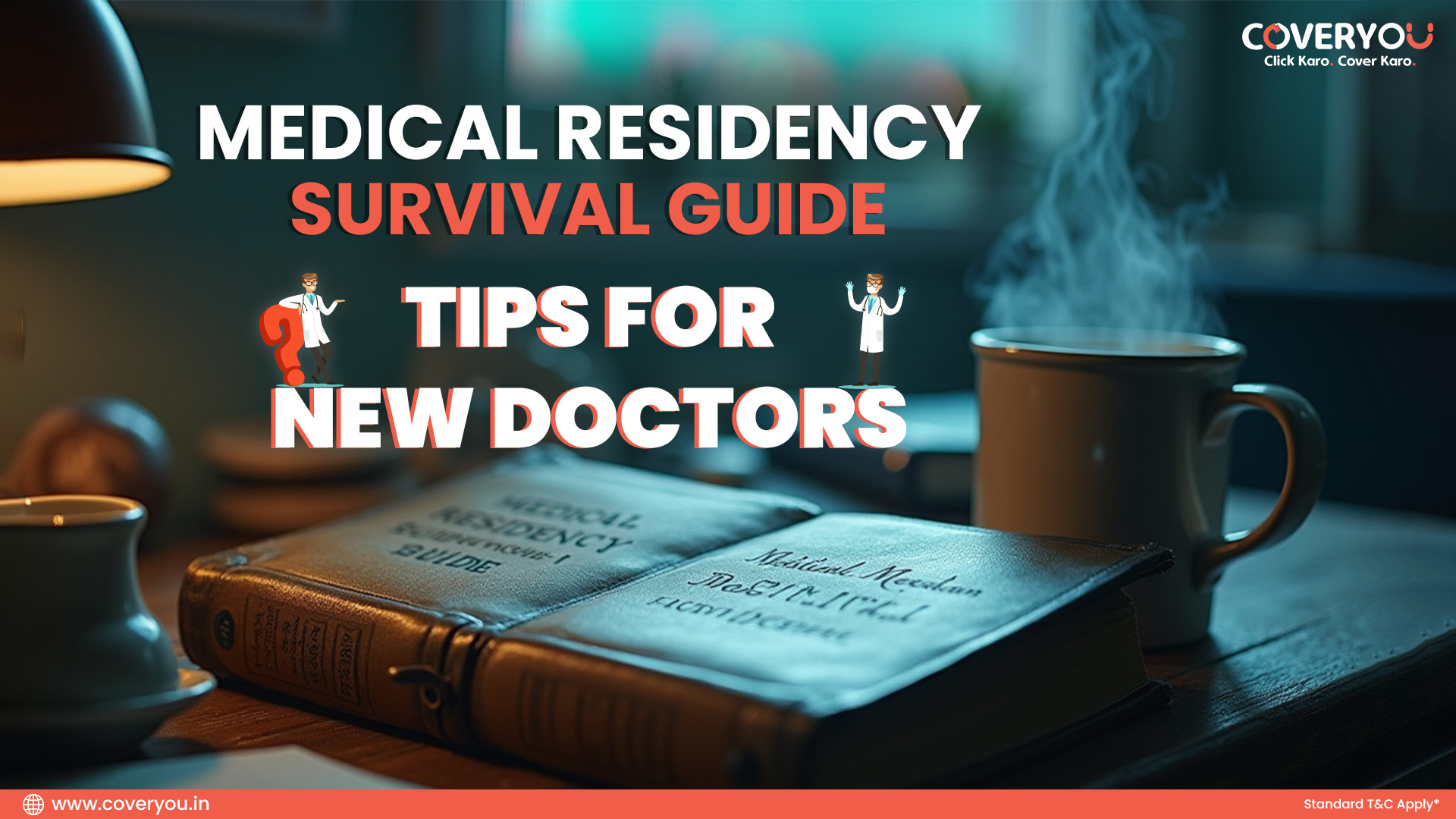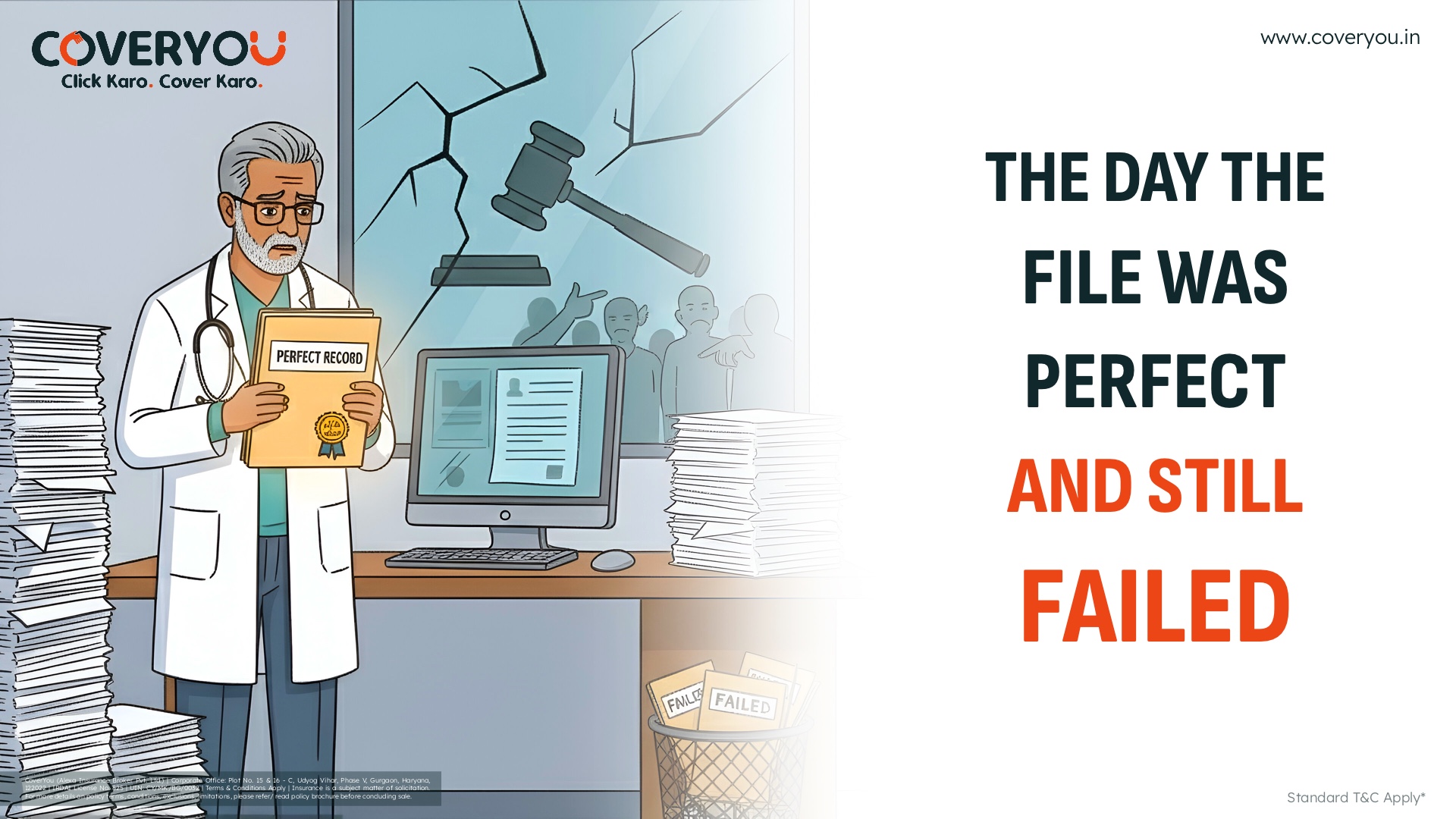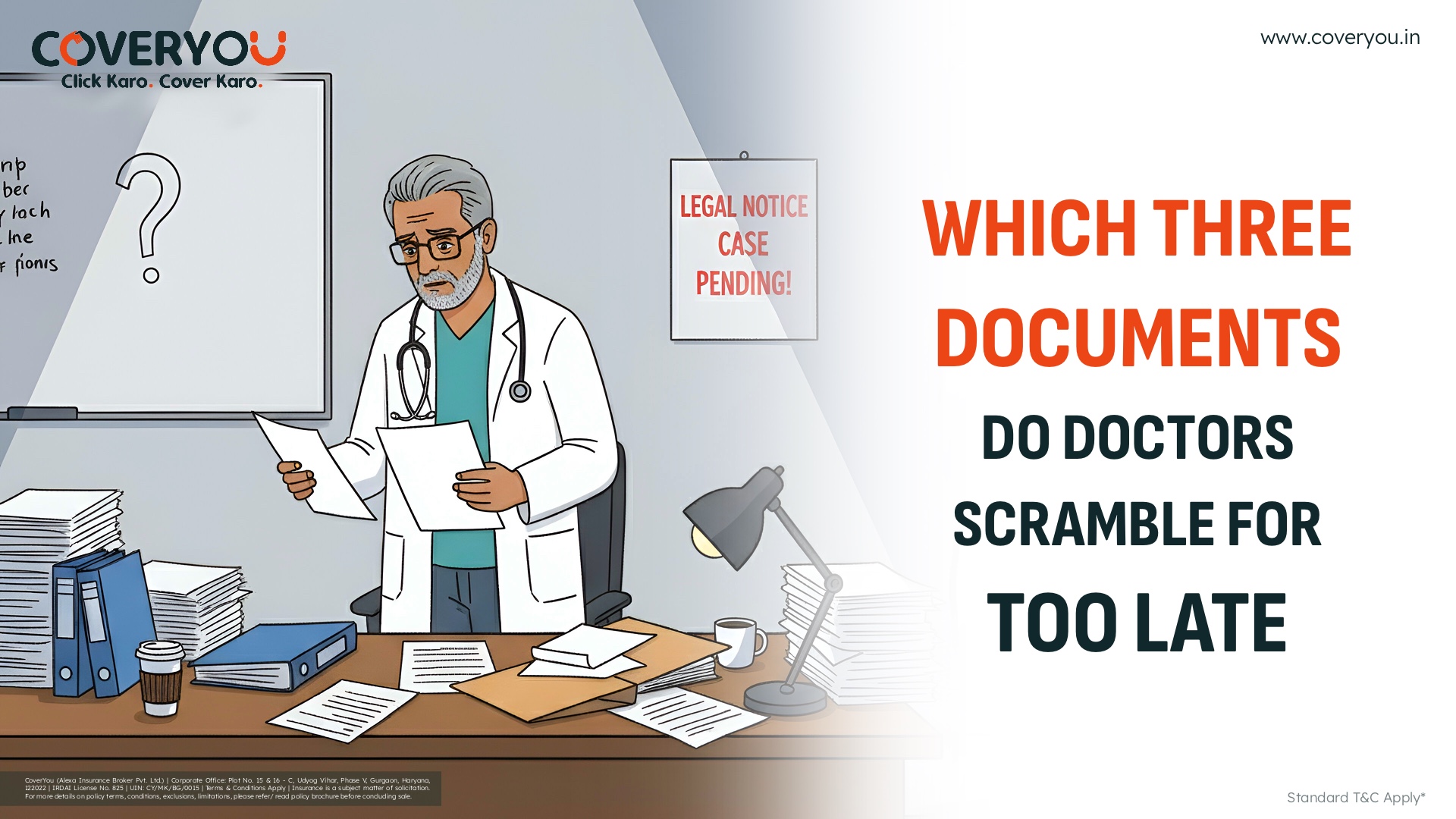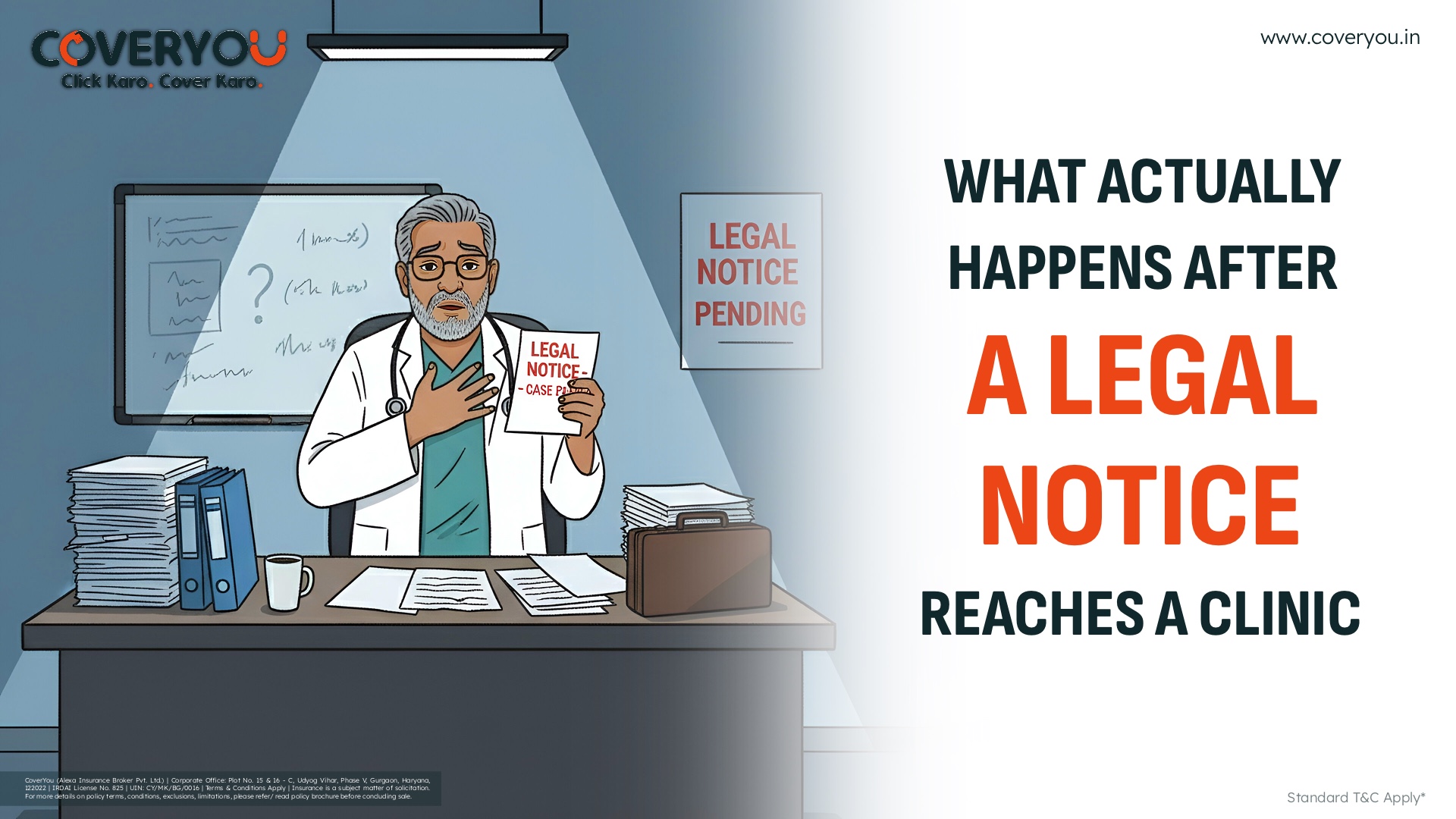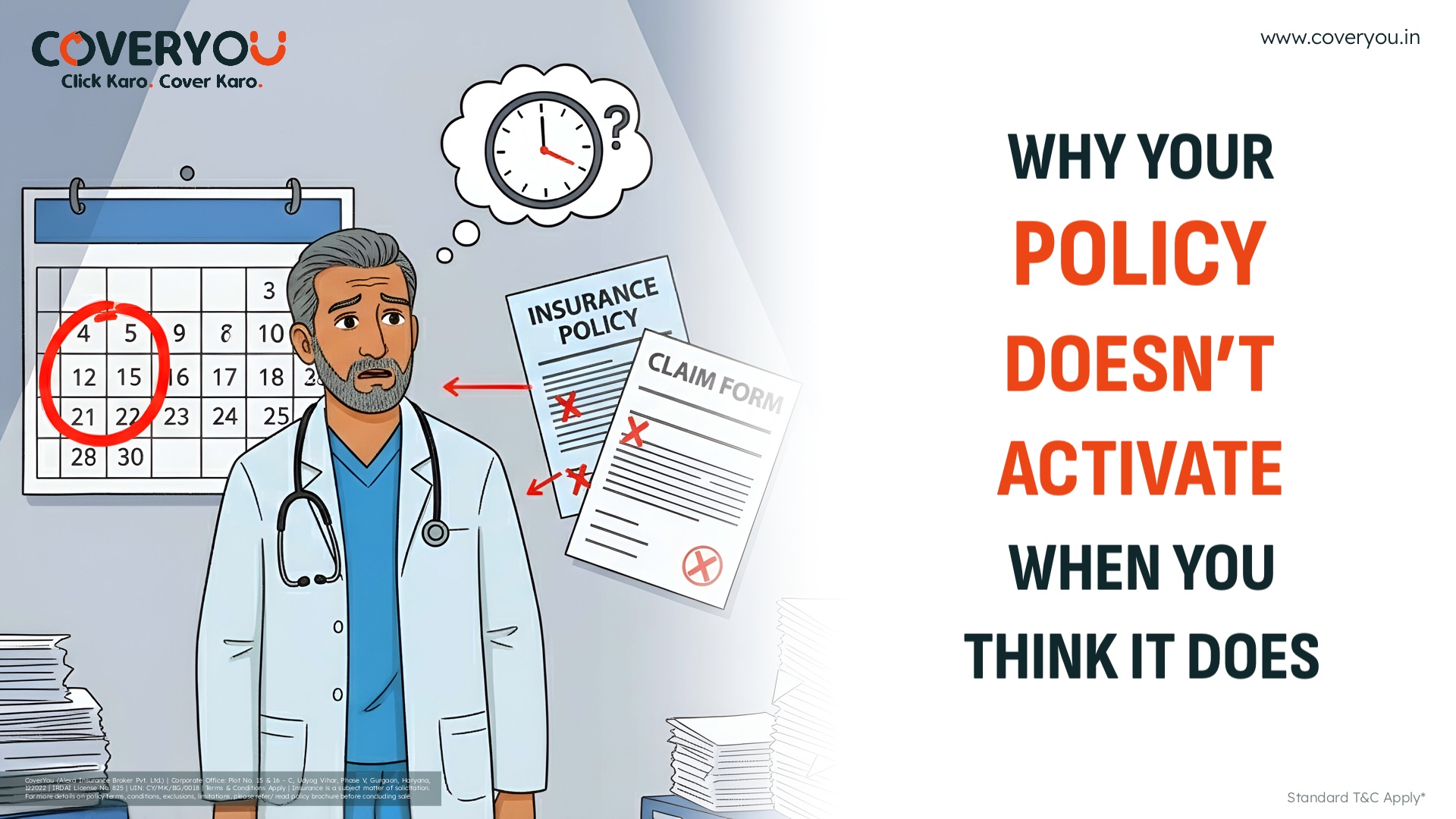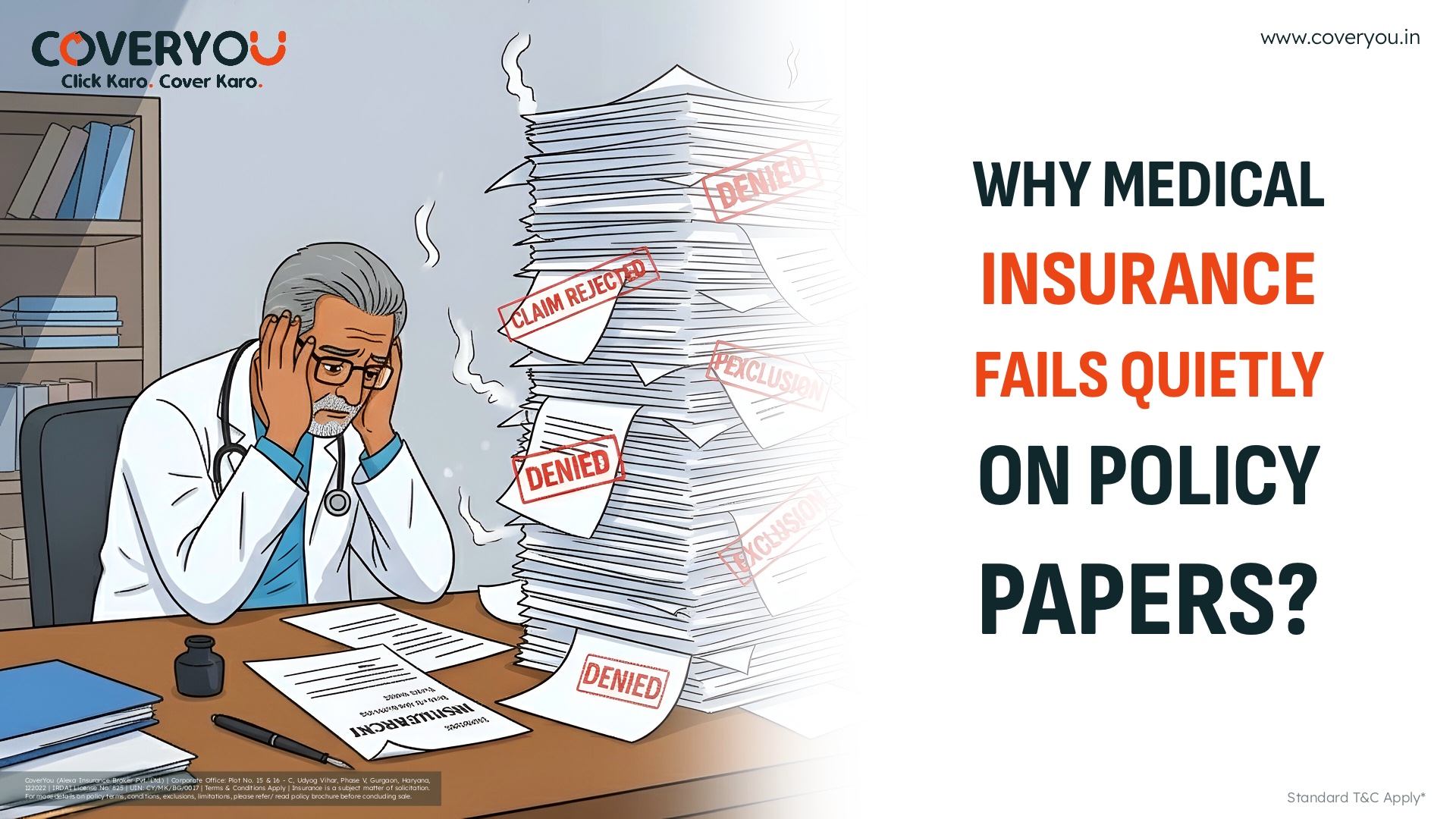Medical residency is a transformative phase in a doctor’s journey. It marks the transition from medical student to independent practitioner. New doctors face grueling hours, emotional exhaustion, and high expectations. But with the right strategies, you can thrive.
Understand the Landscape
Residency typically lasts 3 to 7 years, depending on the specialty. The first year, often referred to as the internship, is the steepest learning curve. You’ll rotate through various departments, handle real patients, and be expected to make clinical decisions under supervision. Understanding this system early helps you mentally prepare for the workload.
Time Management is Everything
Learning to prioritize is essential. Keep a digital or physical planner to track shifts, deadlines, and study time. Use task management apps like To-do-list or Notion to stay organized. Always plan your next day the night before. Good time management reduces stress and improves performance.
Learn Actively and Continuously
Residency is hands-on learning. Use every case as an opportunity. Ask questions. Attend morning rounds, grand rounds, and specialty conferences. Keep a small notebook or app to jot down new learnings daily. Read journals, follow clinical guidelines, and use online platforms like Up-to-date or Medscape.
Build Strong Relationships
A supportive environment can make a huge difference. Connect with fellow residents, nurses, and attending physicians. Don’t hesitate to ask for help or clarification. Good rapport improves teamwork and reduces burnout. Healthy relationships also lead to better learning and job satisfaction.
Handle Mistakes Professionally
You will make mistakes—everyone does. The key is how you respond. Own up, learn, and move forward. Reflective practice can help. Ask yourself what went wrong, why, and how to prevent it next time. This builds both skill and maturity.
Prioritize Your Health
The demanding schedule often leads to neglecting personal well-being. Stay hydrated, eat nutritious meals, and try to get 6–8 hours of sleep whenever possible. Even short power naps during night shifts can help. Practice mindfulness or quick relaxation techniques.
Seek Mental Health Support
Residency can be emotionally taxing. Don’t bottle up feelings. Talk to someone—a mentor, counselor, or trusted friend. Many hospitals have mental health support for residents. Use them. Recognizing stress early can prevent burnout and long-term issues.
Long-Term Perspective
Residency is a chapter, not your whole story. Set long-term career goals. Journal your progress. Remind yourself why you chose this path. Celebrate small wins—every patient helped is a victory. Keeping the big picture in mind fuels motivation.
With resilience, adaptability, and support, medical residency becomes not just survivable—but deeply rewarding.
